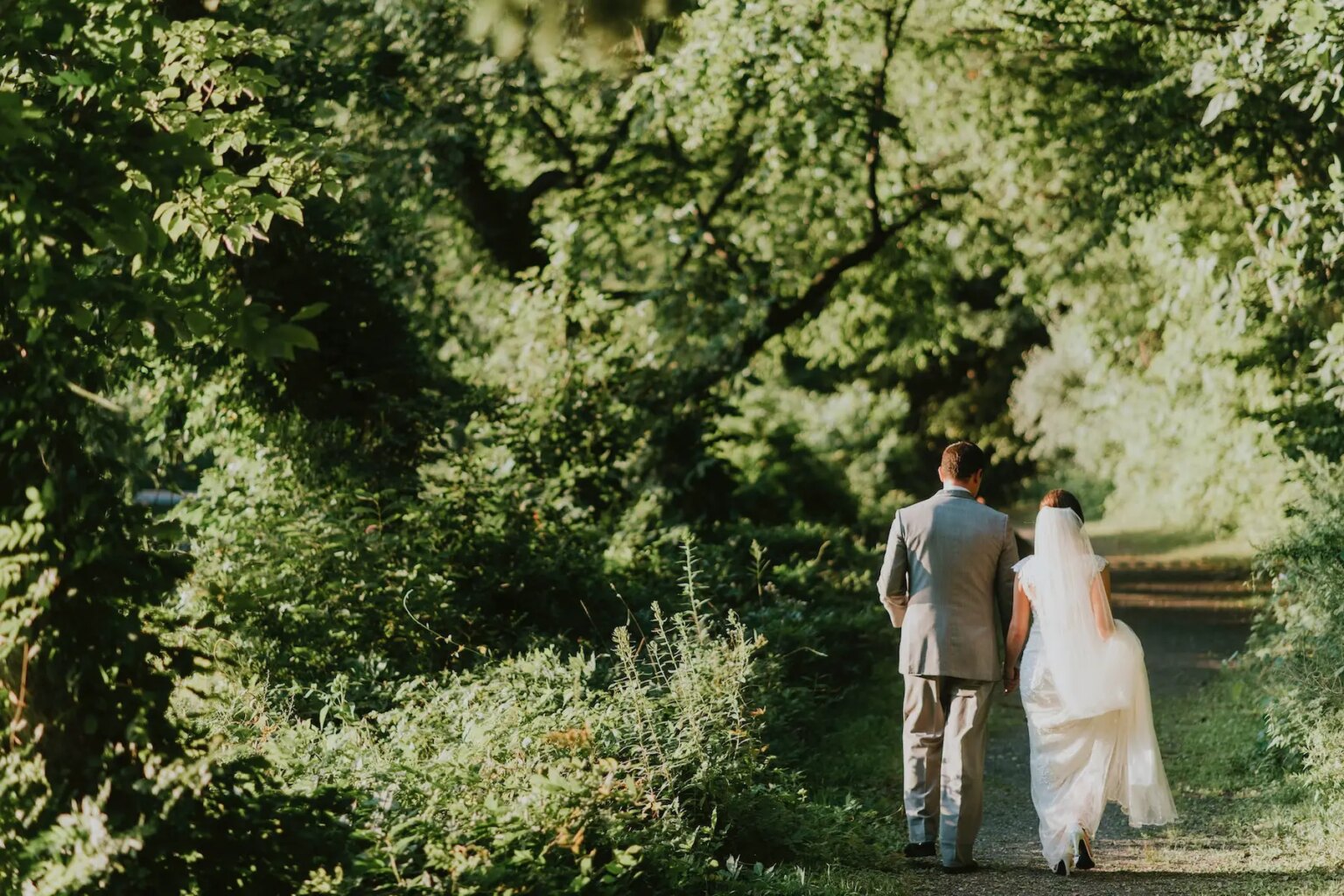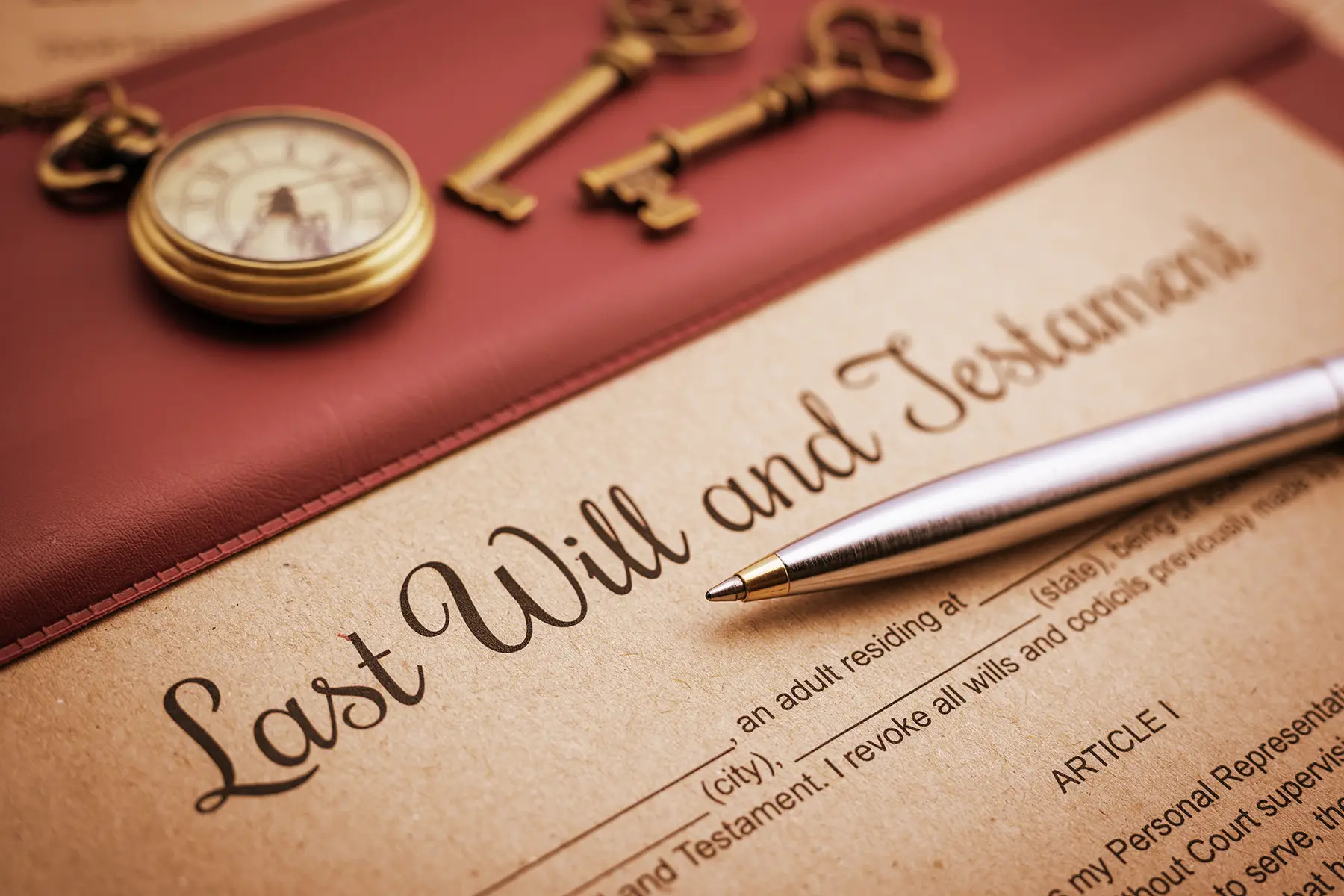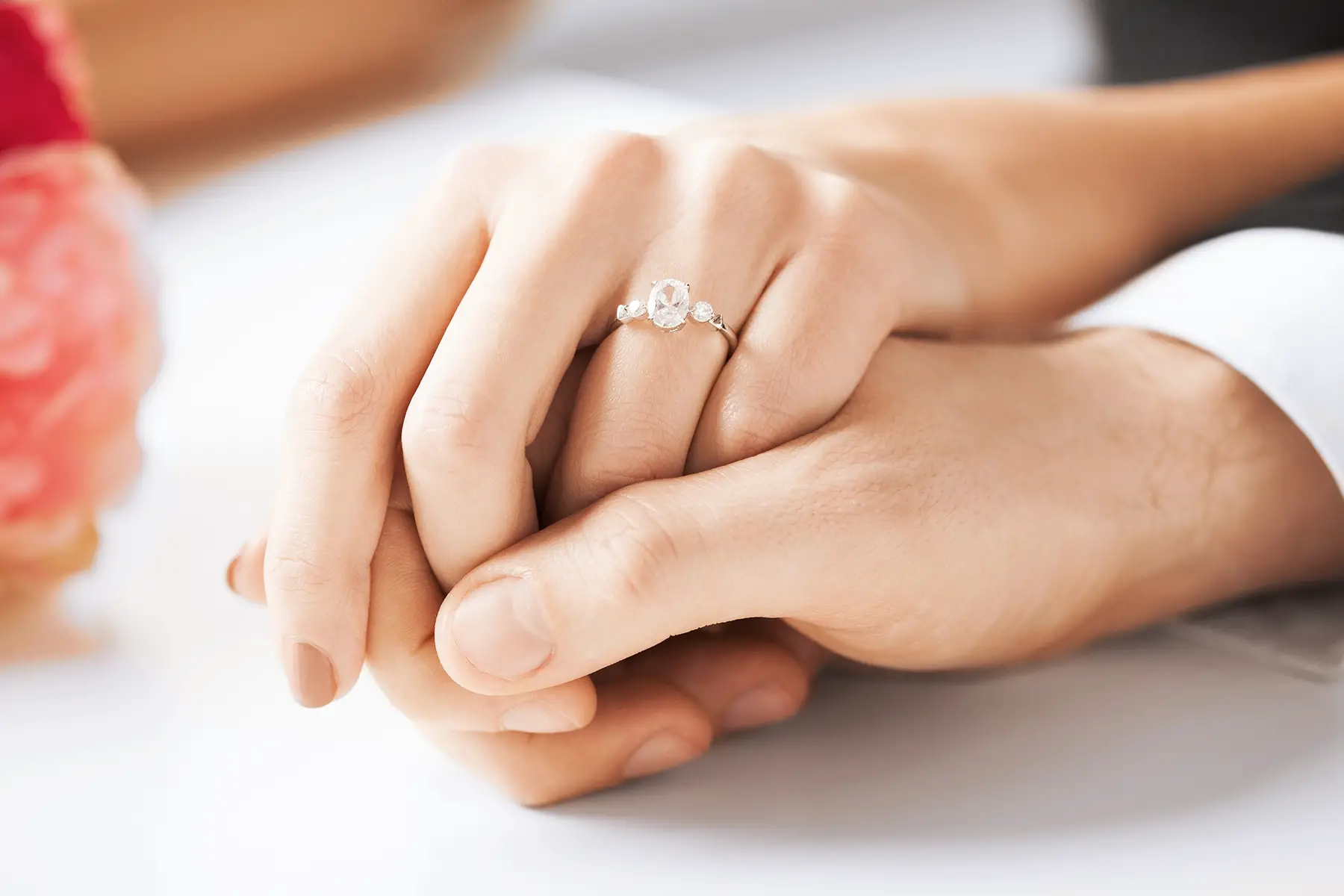Whether you’re going for an elaborate wedding celebration in a church or castle in Belgium, or something smaller and more personal at a registry office, you’ll need to understand the formalities and legal requirements. Fortunately, the process is pretty consistent across the different Belgian regions.
Find out more about Belgian weddings or civil ceremonies by exploring the following sections:
- An overview of marriage in Belgium
- What types of weddings are possible in Belgium
- Gay marriage and same-sex partnerships in Belgium
- Cohabitation contracts in Belgium
- The legal requirements for Belgian weddings
- Belgian wedding planning: step by step
- The cost of getting married in Belgium
- Top Belgian wedding locations
- Belgian wedding traditions and customs
- Useful resources
Cigna Global
Want access to the best private medical services in Belgium? Speak to the healthcare professionals at Cigna Global today and find a policy that’s right for you. Take advantage of their global network of doctors, specialists, therapists and more with coverage tailor-made for you and your family. If you’re starting a new life in Belgium, get peace of mind with Cigna Global.
An overview of marriage in Belgium
Although the country is famous for its bureaucracy, getting married in Belgium is relatively easy. Both different- and same-sex couples in Belgium can marry, have a registered cohabitation, or live together without any legal status.
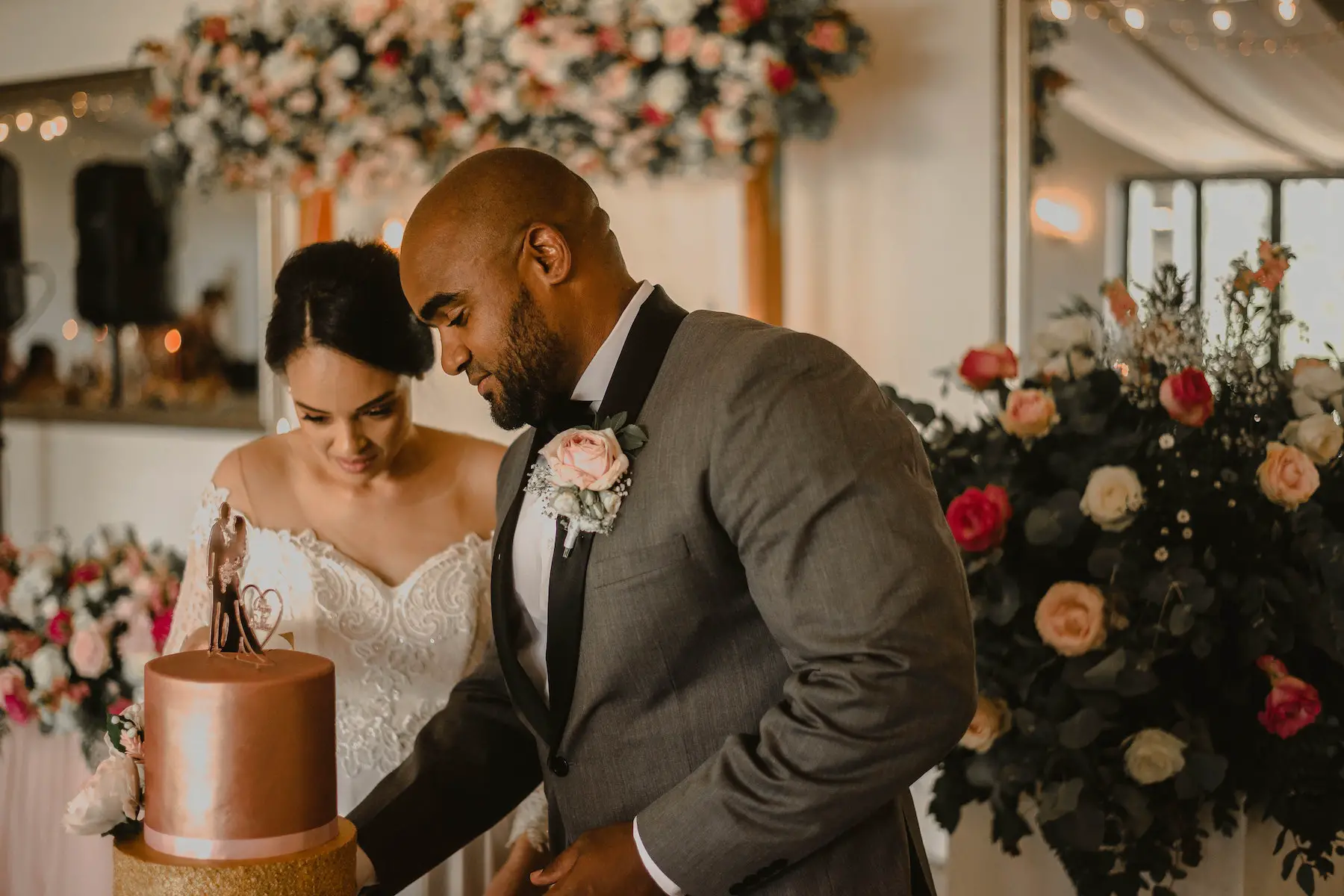
Similar to many other European countries, Belgium’s marriage rate has steadily declined over the last 50 years. The figure has dropped from 7.7 marriages per 1,000 inhabitants (1972) to 3.9 per 1,000 (2019). This is just below the EU average of 4.3 per 1,000 (2019).
There are many similarities between marriage and legal cohabitation concerning rights and status in Belgium. For example, both allow couples to jointly file taxes or co-own property. However, there are some key differences, such as more automatic rights to citizenship and inheritance for married couples.
Belgian attitudes toward marriage
As with many other western countries, attitudes towards marriage are changing in Belgium. This is reflected in the declining marriage rate as cohabitation becomes a more accepted way of living. There has also been a steady decline in the number of religious Belgian wedding ceremonies over the years.
In line with changing attitudes elsewhere, Belgium has also become more accepting of same-sex partnerships and gay marriage over the years. A survey of Belgian college students for the International Congress of Applied Psychology (2014) found that 92.5% of women and 79% of men supported same-sex marriage.
What types of weddings are possible in Belgium
Civil ceremonies
Civil ceremonies are the only legally binding type of Belgian wedding. This must take place at a registry office which is typically in the local town hall (Dutch: stadhuis, French: mairie), where the civil registrar or council officer (Dutch: ambtenaar van de burgerlijke, French: l’officier de l’état civil) conducts the ceremony. Optionally, couples can bring up to four witnesses.
Religious ceremonies
After the civil ceremony, couples can choose to have a faith wedding inside a religious building such as a church, mosque, or synagogue. However, this is not a legally recognized ceremony. Religious ministers or officials may carry out various rituals and blessings but they do not have the legal authority to marry couples. Furthermore, some places of worship may not permit same-sex wedding ceremonies.
Secular ceremonies
Some couples may choose to follow the civil ceremony with secular nuptials. Again, this is not legally recognized and is an optional addition. Secular ceremonies can take place in any public or private building. Because these weddings are not part of the legal process, anyone qualified for the role can perform them.
Gay marriage and same-sex partnerships in Belgium
Belgium is one of the most LGBTQIA+-friendly countries in the world. It legalized gay marriage in 2003, becoming the second country in the world to do so. Therefore, the legal processes, rights, and civil ceremonies for same-sex couples are the same as for different-sex couples.
In total, there were 1,087 gay marriages in Belgium last year, accounting for around 2.5% of Belgian weddings.
Cohabitation contracts in Belgium
Registered cohabitation (Dutch: wettelijk samenwonen, French: cohabitation légale) is somewhat different in Belgium than in other countries. The Belgian concept of registered cohabitation simply indicates a shared residence and responsibilities, not necessarily a romantic relationship. Therefore, in addition to couples, it is also possible to have a legal cohabitation if you live with a family member or close friend. However, you cannot enter into a registered cohabitation if you are married or already in a registered cohabitation.
In a statutory cohabitation, both parties are jointly responsible for the family home and have an equal duty to maintain it and cover living costs. This includes the costs of raising any children brought up in the household. Cohabiting couples are also jointly liable for taxes and debts relating to the household, for example, the mortgage and property tax.
To enter into a cohabitation agreement, both parties must be 18 years or older and at least one should be a Belgian resident. You need to sign the agreement before a notary, which includes details of all jointly owned property. But since this is not a union like marriage, it cannot impose limits on individual freedoms, for example, an obligation to be romantically faithful.
When compared to marriage, a cohabitation agreement is much easier and cheaper to terminate. All obligations to the other party stop upon termination and it only takes one party to end the agreement.
The legal requirements for Belgian weddings
Requirements and rights
Belgian weddings must have the following qualifications met:
- Both parties must be at least 18 years of age
- The wedding needs to be mutually consensual; forced marriages are illegal in Belgium
- Neither party can already be in a marriage that hasn’t legally ended
- The parties cannot be related
- The marriage cannot be one of convenience, or where one party is doing it just to obtain legal residency
- One of the spouses must be a Belgian national or have been legally living in Belgium for at least three months

Couples marrying in Belgium have the option of entering into a matrimonial property regime. This determines the ownership of property and income, including what happens if a spouse dies. Couples can draw up their own marriage contract. However, this is not compulsory. If there is no contract, the statutory regime applies.
If you marry a Belgian national, you will usually be eligible to apply for Belgian citizenship after five years of residency in the country. However, you must also have been living with your partner for at least three years and have sufficient knowledge of one or more of Belgium’s three main languages.
Necessary paperwork and documentation
Both parties will need to provide the following documentation before their Belgian wedding:
- Birth certificate
- Valid ID, such as a passport
- Proof of nationality
- Proof of Belgian residence for at least one spouse – this is typically a certificate of residence for marriage (Dutch: bewijs van woonst voor huwelijksdoeleinden, French: certificat de domicile pour marriage) issued by the local authority
- Evidence of current civil status, such as a divorce or death certificate, if you have been in a previous marriage
- Marriage contract, along with notary certificate if necessary
Foreign documents may need an apostille, through the process known as apostilization or legalization. The issuing government stamps a certificate with a unique ID, indicating that it is a true and accurate document for recognition abroad. Any documents not issued in Dutch or French must be translated by a recognised translator, such as services offered by lingoking. If the translation is not done in Belgium, it must also be authenticated by an apostille or equivalent.
Once you have delivered the documents, the relevant Belgian registrar can draw up the official copy of the marriage notice form (Dutch: akte van aangifte van het huwelijk, French: acte de déclaration de marriage).
Belgian wedding planning: step by step
Typical planning for a Belgian wedding can take up to a year. Depending on what kind of event you want, certain formalities may be required to ensure that everything goes smoothly.
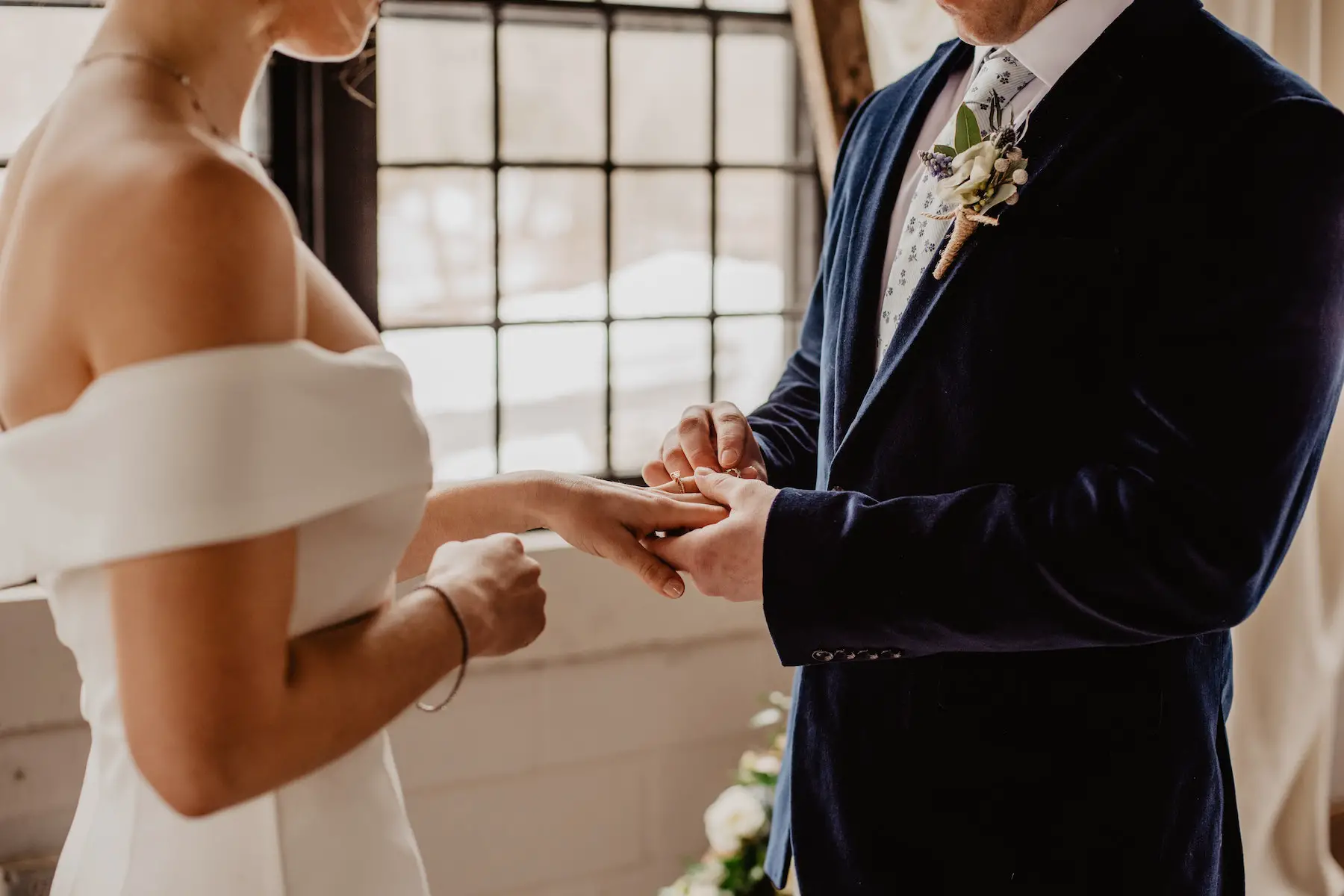
Step one: Decide what kind of wedding you want to have
This is the first key decision for your Belgian wedding because it will dictate how much planning you need to do. Weddings in Belgium can vary from simple civil ceremonies to day-long events that include an additional ceremony followed by a reception party with extra guests.
If you decide to go for an elaborate wedding event, you will have a long to-do list in the year leading up to the big day. Here is a sample wedding planning timeline:
| Time until the wedding day | Tasks |
| 6–12 months | Set the date, determine your budget, book the venues, choose your witnesses (up to four), draw up your guest list and inform people of the date, make the catering arrangements, book a music provider (DJ or live band) |
| 6 months | Choose your wedding outfits, book a photographer, book a honeymoon, request necessary leave from your job |
| 3 months | Book transport, draw up a wedding gift list, make a timetable for the day, send invitations, choose wedding rings, sort out hair and make-up, order flowers |
| 6 weeks | Write your vows, make seating arrangements for guests |
| 2 weeks | Run through wedding day plans and confirm all bookings |
| 1 week | Collect your wedding attire and rings |
Step two: Decide your matrimonial property regime
When it comes time to decide on a matrimonial property regime, couples typically choose from the three most common:
- Statutory regime: property acquired after the marriage is jointly owned
- Separation of property regime: all property other than that jointly purchased is separately owned by one or other spouse, whether bought before or after the marriage
- Universal community regime: all property belonging to either spouse is jointly owned except personal goods exclusively at the disposition of either spouse
You can also choose a regime, or create your own unique arrangement, by drawing up a marriage contract (Dutch: huwelijkscontract, French: contrat de mariage). An official notary needs to do this.
Step three: Declare your intention to marry
You must notify the Civil Registry of your intention to marry at least two weeks – and no more than six months – before your wedding. This should be in the municipality where at least one of the partners lives. You will need to provide the documentation listed above, plus your marriage contract if you have one.
The registrar will then issue an act of intent to marry (Dutch: akte van aangifte van het huwelijk, French: acte de déclaration de mariage), which is displayed publicly. As long as there are no objections, your marriage can then go ahead.
Step four: Get married and receive your marriage certificate
Once the planning and formalities are over, all that remains is to enjoy your big day. The registrar will usually meet with you in advance and talk you through the civil ceremony process. Once the guests have arrived, the order of service is usually:
- The registrar reads articles of Belgian civil code relating to spousal rights and duties
- Exchange of marriage vows and wedding rings
- Pronouncement of marriage by the registrar
- Presentation of the marriage certificate, which also enters into the registers of civil status after any witnesses sign it
The cost of getting married in Belgium
The average cost of a Belgian wedding is around €17,000. Though this may sound steep, it is actually cheaper than in the United Kingdom (UK) or weddings in Spain. Costs depend on the wedding venue, the number of guests, the type of ceremony, and the season.
The high season for Belgian weddings is May to September, so these months are the most expensive. If you get married in Belgium during the low season (October to February), many venues offer discounts.
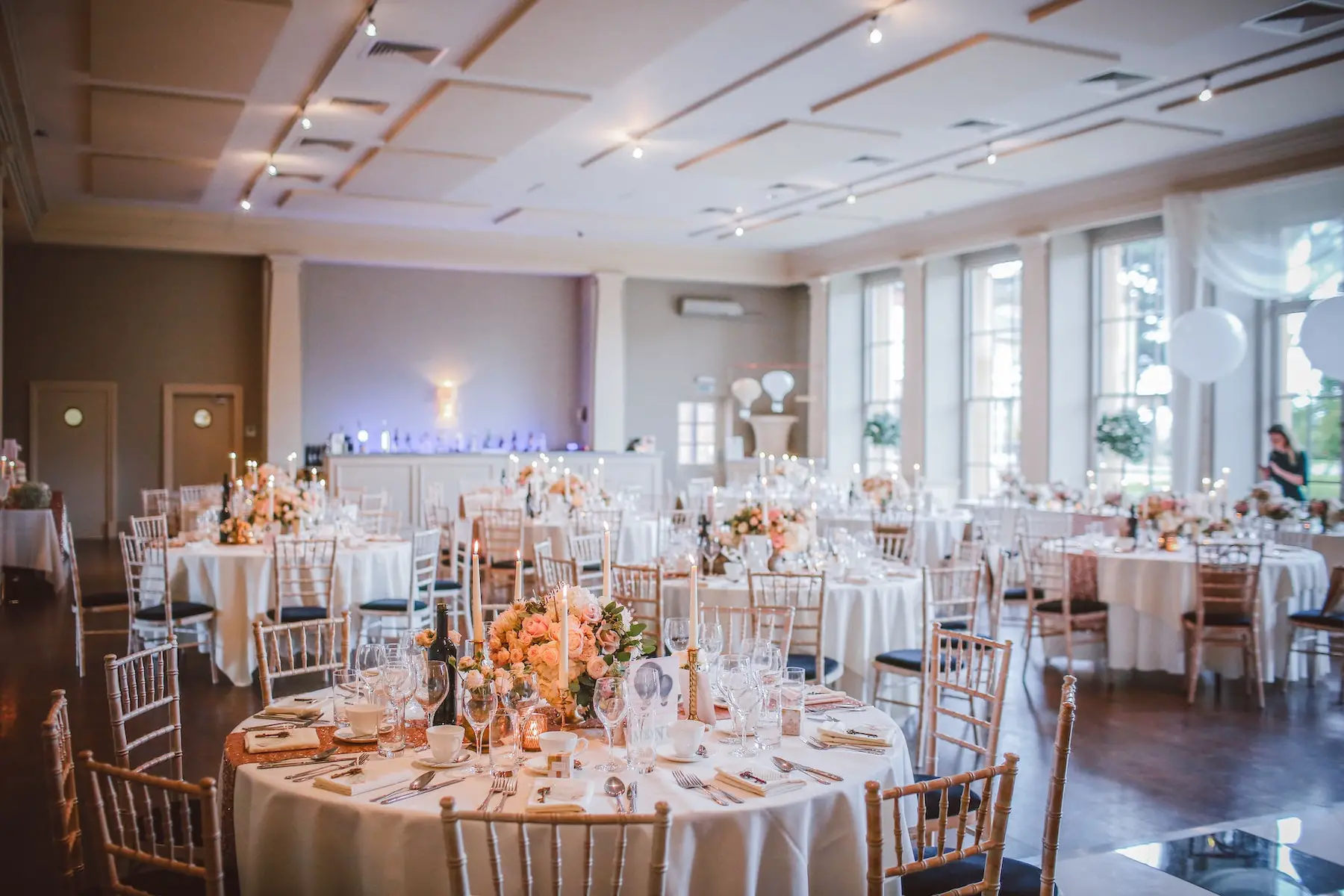
Here is a rough breakdown of Belgian wedding costs:
| Wedding expense | Estimated price |
| Civil ceremony | €250–350, depending on the location |
| Religious ceremony | €350 |
| Reception venue | from €500 for a modest venue, up to €6,000 for a fancy spot |
| Catering and drinks | €15–75 per person, depending on the menu and whether you want an open bar |
| Wedding cake | €400–600 per 100 guests |
| Wedding attire | €1,500 for a wedding dress, €700 for a tuxedo or suit |
| Hair and make-up | €200 for hair, €175 for make-up |
| Flowers | €200–400 for the venue, €95 each for bride and bridesmaid bouquets |
| Photographer | €1,400 |
| Wedding rings | €200–1,000 |
| Music | €1,000–1,300 |
| Invitations | €260 for 100 guests |
| Transportation | €350 for four hours |
| Honeymoon | €2,500 on average, depending on the destination |
Top Belgian wedding locations
Belgium may be a small country, but it has no shortage of beautiful places fit for the wedding of your dreams. There are many medieval towns and quaint villages with stunning architecture. The town of Spa, in the Liège province, is a popular location for classic weddings with notable venues including the Château de Balmoral and the Castle Villa le Boqueteau. Also in Liège province, the beautiful Chateau Presseux is one of the biggest wedding venues in Belgium and can accommodate 60 overnight guests.
Another popular location is Antwerp (Antwerpen), with its beautiful canals and cobbled streets. LaRiva provides a modern, intimate setting to celebrate the exchanging of vows, while De Serre offers a peaceful green oasis next to a botanical garden.
Other Belgian wedding venues worth checking out are the Pand Hotel in Bruges (Brugge), Castle Coninxdonk in Ghent (Gent), and Hoeve Vernelsberg in Limburg, near the Dutch border.
Belgian wedding traditions and customs
Belgium is a country with a long history and diverse culture, especially considering its vast French-, Dutch-, and German-speaking regions. It is no surprise that there are a number of different traditions you can expect to see at Belgian weddings. Some of the best-known customs include:
Double invites
Traditionally, Belgian wedding guests receive two invitations – one from the bride’s family and one from the groom’s. This is to symbolize the new union between the two families.
A flower for each mother
Belgian brides typically carry two flowers with them on their wedding day. The bride will give one flower to her mother as she walks down the aisle. Once the vows are complete, she then presents the other flower to her new mother-in-law. This act is a symbol of unification and acceptance between the two families.
The embroidered handkerchief
One of the most well-known Belgian wedding customs is for the bride to carry a handkerchief with her name embroidered on it. After the wedding, the couple frames the handkerchief and hangs it in their home.
When the bride’s daughter (or niece or another female relative) gets married, they will take the handkerchief and have their own name embroidered onto it. In this way, Belgian women pass the handkerchief down from generation to generation.
Wedding rings
Married people in Belgium wear wedding rings on the fourth finger of their left hand. The ring’s circle symbolizes endless love while the third finger is said to hold the vein that travels directly to the heart.
Coin tossing
It is a tradition for Belgian bridesmaids to collect coins from the wedding guests. They will then throw or distribute the coins to people outside the wedding venue. This act of gift-giving is believed to ensure prosperity for the married couple.
No name changes
Under Belgian law, both spouses retain their original names. Neither spouse can legally change their surname, but they can unofficially adopt each other’s name for social purposes.
Useful resources
- belgium.be – federal government website with information on the formalities of getting married in Belgium
- HL België – network of professional wedding suppliers in Belgium
